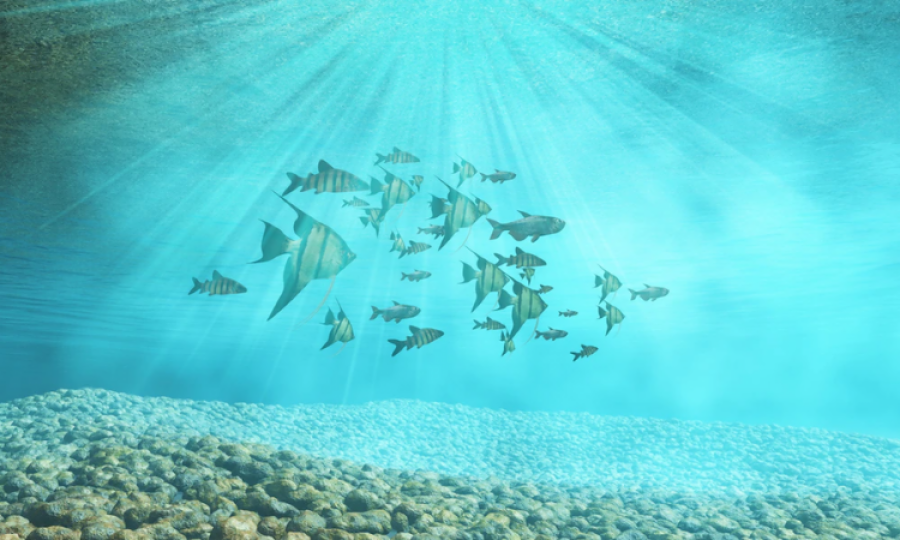Global fish stocks can’t rebuild if nothing done to halt climate change and overfishing: new study

British Columbia: Global fish stocks will not be able to recover to sustainable levels without strong actions to mitigate climate change, a new study has projected.
Researchers at UBC, the Stanford Center for Ocean Solutions and University of Bern projected the impact that different global temperatures increase and ranges of fishing activity would have on biomass, or the amount of fish by weight in a given area, from 1950 to 2100. Their simulations suggest that climate change has reduced fish stocks in 103 of 226 marine regions studied, including Canada, from their historical levels. These stocks will struggle to rebuild their numbers under projected global warming levels in the 21st century.
“More conservation-oriented fisheries management is essential to rebuild over-exploited fish stocks under climate change. However, that alone is not enough,” says lead author Dr William Cheung, professor in the Institute for the Oceans and Fisheries (IOF). “Climate mitigation is important for our fish stock rebuilding plans to be effective”
The research team, including co-author Dr Colette Wabnitz of Stanford Centre for Ocean Solutions, used computer models to find out the climate change levels at which over-exploited fish stocks cannot rebuild. Currently, the world is on track to exceed 1.5 degrees of warming relative to preindustrial levels and approach two degrees in the next few decades, says Dr Cheung.
How climate change affects fish stocks
The study projected that, on average, when fisheries management focuses on the highest sustainable catch per year, the additional climate impacts on fish at 1.8 degrees Celsius warming would see fish stocks unable to rebuild themselves.
If people around the world fished only three-quarters of the annual highest sustainable catch, fish stocks would be unable to rebuild at a higher degree of warming, 4.5 degrees.
“Tropical ecoregions in Asia, the Pacific, South America and Africa are experiencing declining fish populations as species both move further north to cooler waters and are also unable to recover due to fishing demands,” said Dr. Cheung. “These regions are the ones that feel the effects of global warming first and our study shows that even a slight increase of 1.5 degrees Celsius could have a catastrophic effect on tropical nations that are dependent on fisheries for food and nutrition security, revenue, and employment.”
Trending
Popular
Sindh pledges vigorous action to prevent poliovirus transmission
-
PMA stresses health equity on World ...
04:08 PM, 9 Apr, 2024 -
Dow University’s new rabies vaccine ...
12:18 PM, 28 Mar, 2024 -
IRD role lauded in advancing ...
02:53 PM, 12 Mar, 2024 -
Over one billion people worldwide ...
09:48 AM, 5 Mar, 2024




